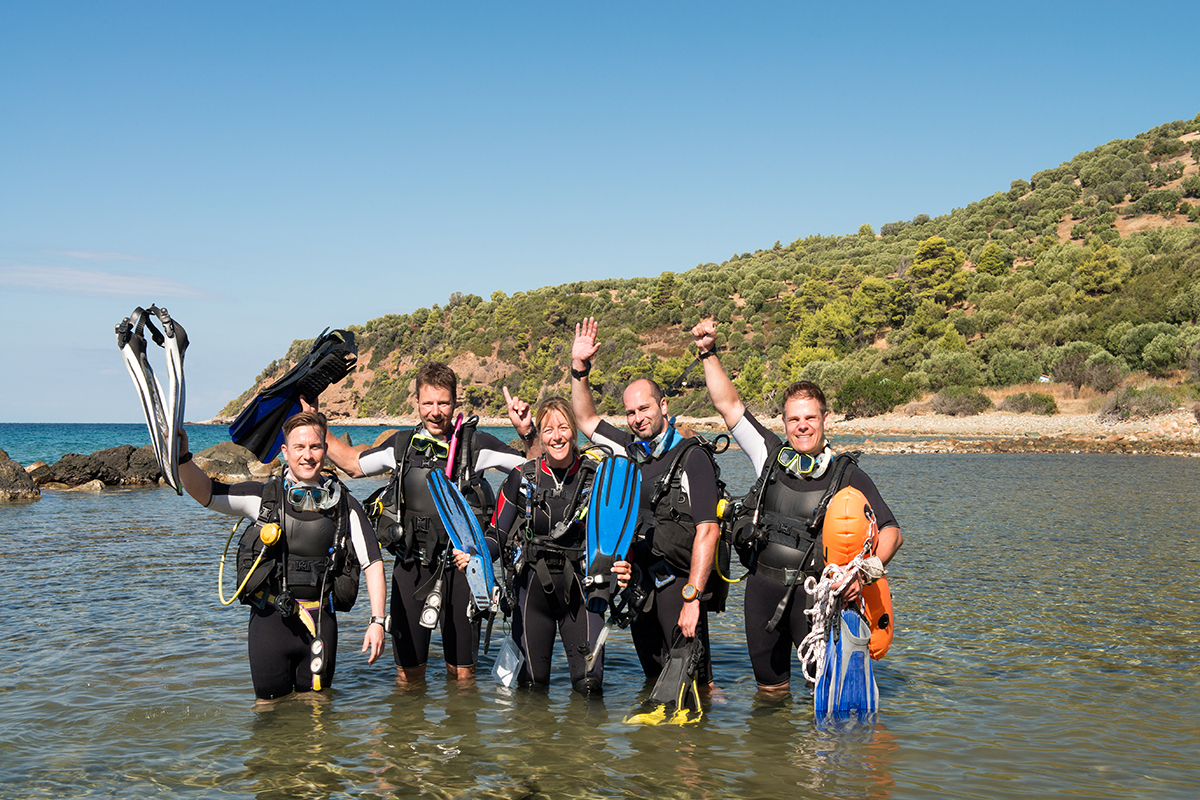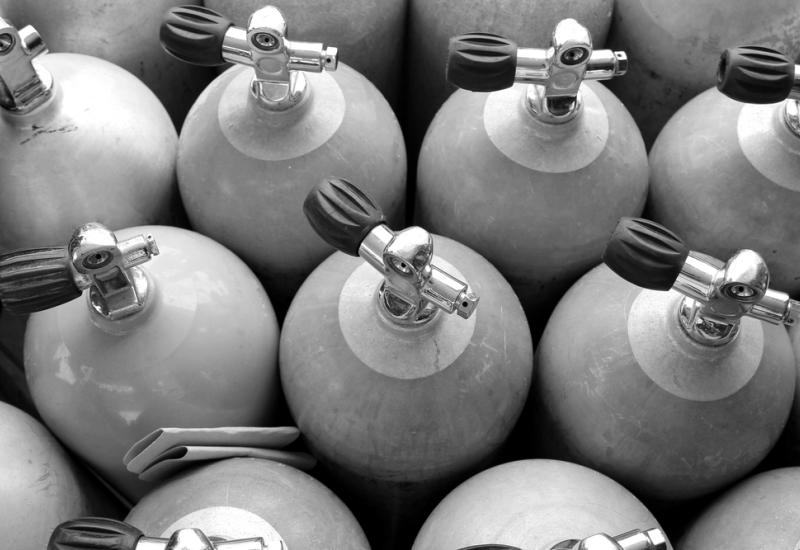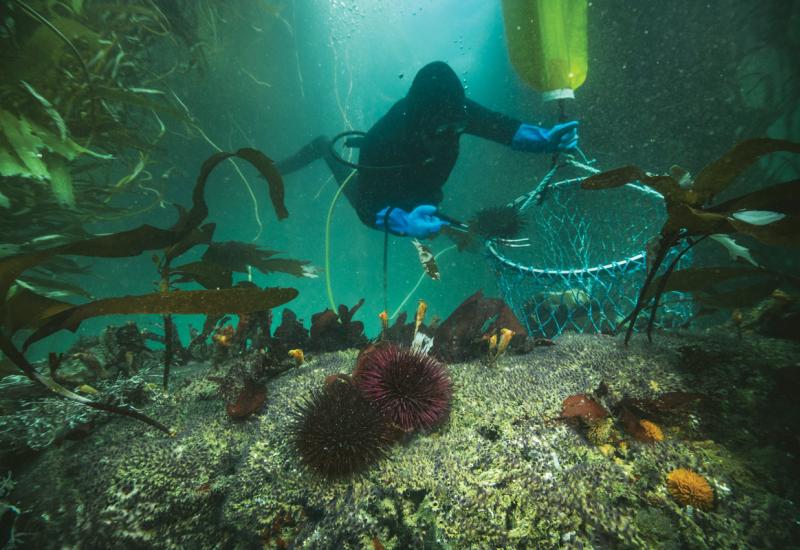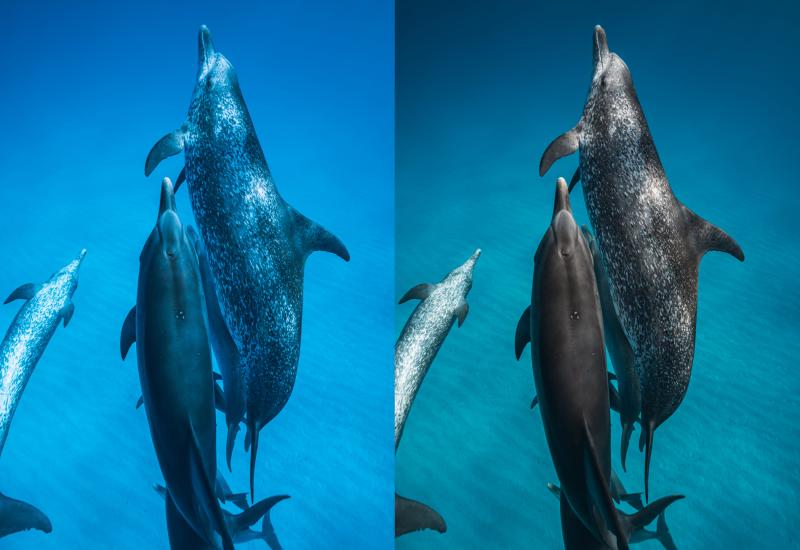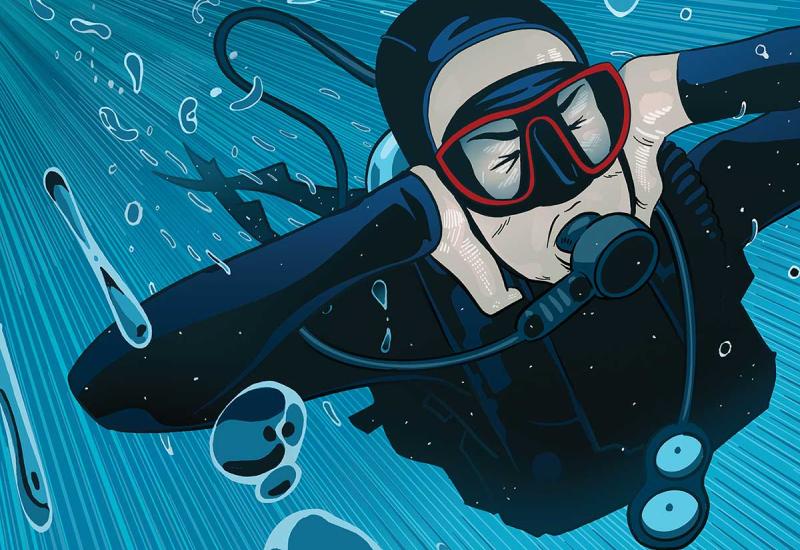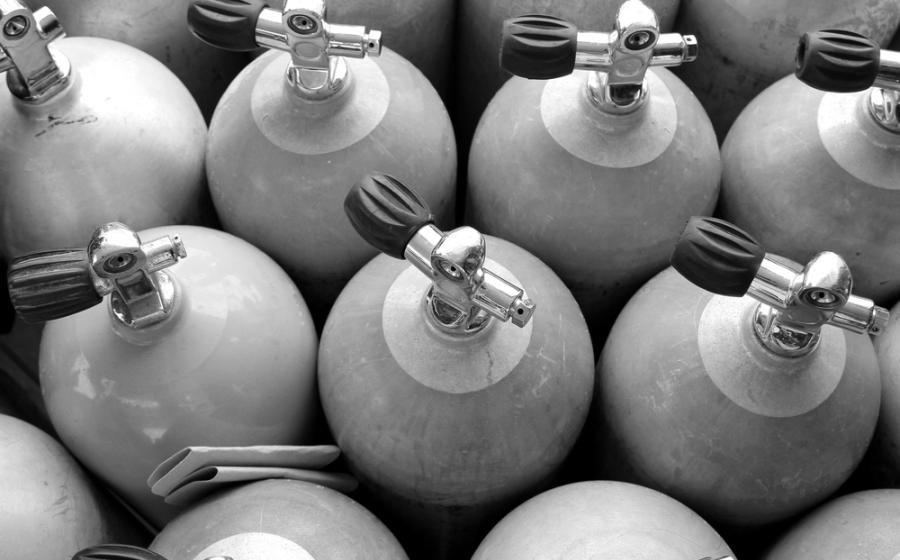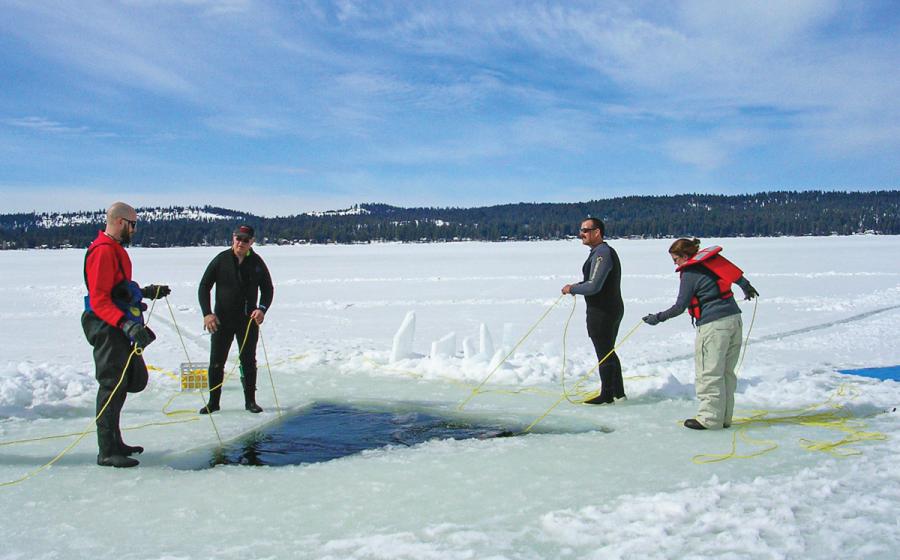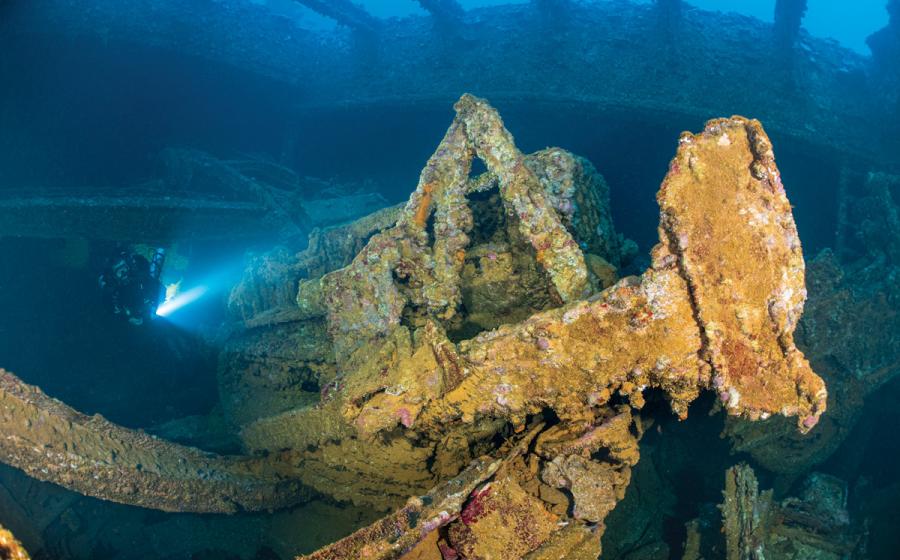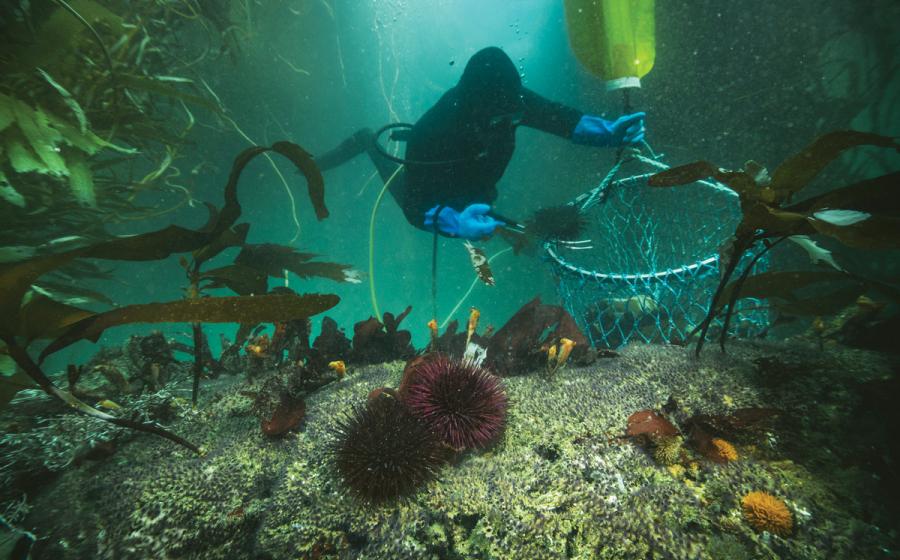How to Find New Dive Buddies
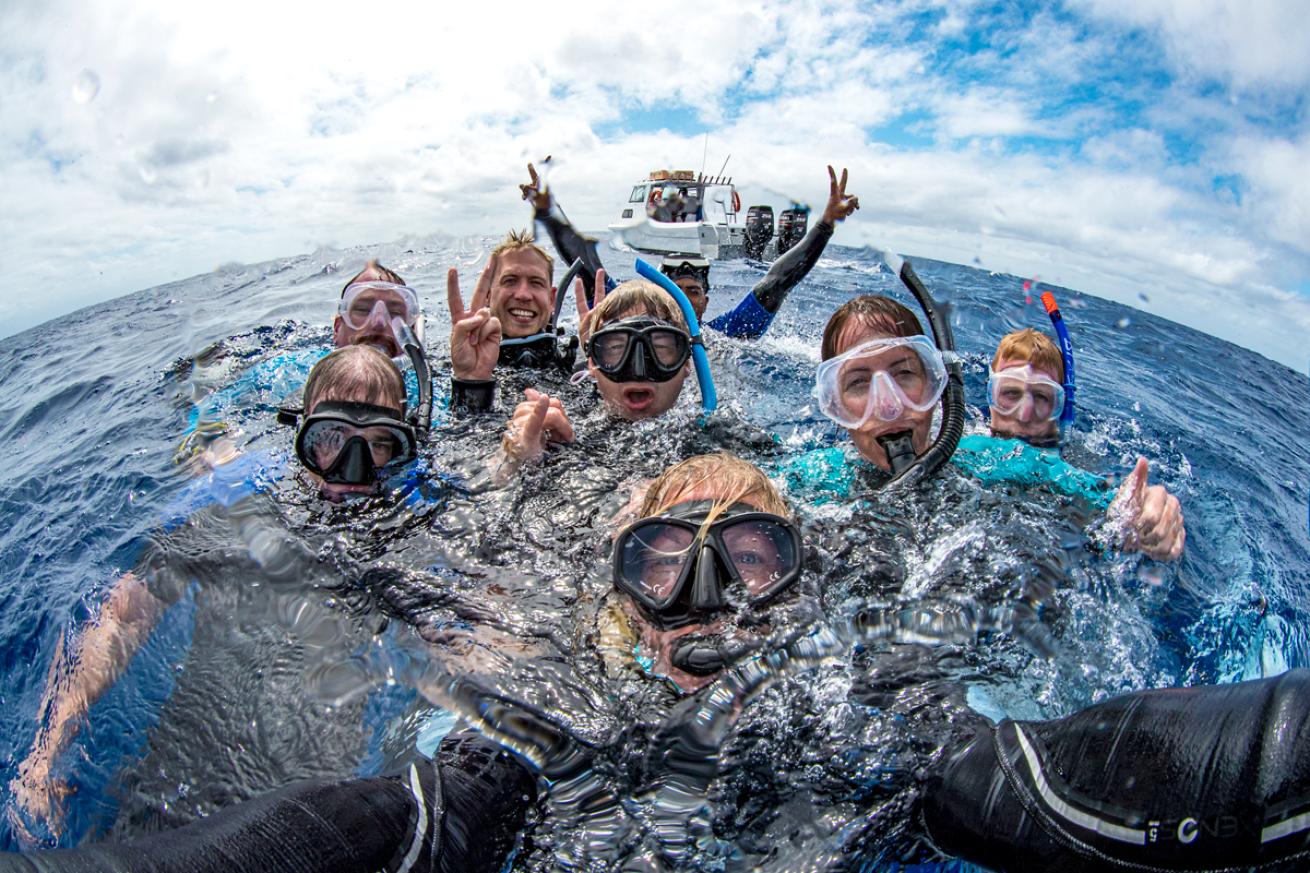
Annie CrawleyTraveling solo allows you to create unique friendships and experiences with people from around the world. Vava’u, Tonga.
A sign up for continuing-education courses where a dive professional can prepare you for local or destination diving with a buddy. There’s no set number of dives required before you dive with someone you don’t know, but you have to be able to take care of yourself underwater when diving without a dive professional.
Whether entering the sport for the first time or just getting back into it, I see many divers on my social media feeds in search of buddies. These hacks are what I use when diving with unfamiliar buddies.
Before linking up, do a self-assessment. Are you comfortable with dive planning? Does your level of experience match the conditions you plan to dive in? If not, sign up for continuing-education courses where a dive professional can prepare you for local or destination diving with a buddy. There’s no set number of dives required before you dive with someone you don’t know, but you have to be able to take care of yourself underwater when diving without a dive professional.
Dive professionals make great buddies when you are in the learning curve of the sport. Once you build self-confidence and understand equipment, neutral buoyancy, air consumption, navigation and dive planning, you can successfully plan dives with other qualified divers. Newly certified divers can roll right into an Advanced Open Water Diver or specialty course to gain experience, but understand that you (and your buddy) are only as advanced as your training and in-water dive experience.
When diving with a new buddy, plan some time before your dive together to discuss the dive site, navigation skills and lost-buddy plan. Share your diving history and comfort level with each other. Prevent underwater surprises by communicating beforehand.
Talk about any dive idiosyncrasies you experience. Some people take longer to equalize, or get cramps easily. One diver can be completely comfortable with strong currents or low visibility, and another may be uncomfortable. When divers don’t know each other, varying comfort and experience levels can be unknown.
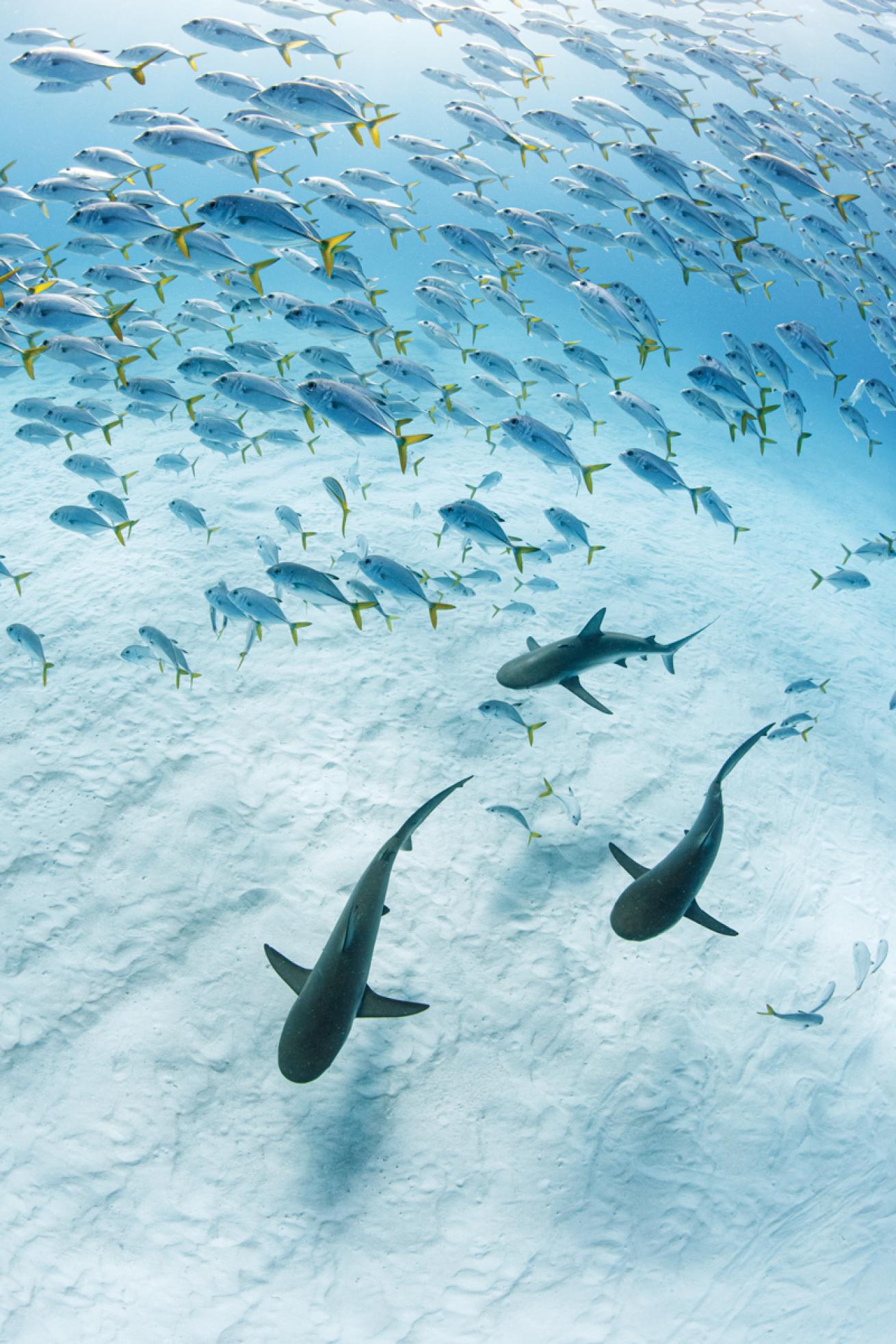
Annie CrawleyBefore getting in the water, discuss procedures for safety stops. On boat dives, you may discover schools of fish or curious reef sharks while you wait.
Before entering the water with any new dive buddy, always review hand signals and figure out how to communicate if either of you wants to end the dive. Although we learn we can end a dive at any time, this doesn’t happen sometimes, so reviewing these procedures and hand signals makes your dive plan safer before getting in the water. Observe your buddy when they set up their gear. Are you familiar with their equipment? Do a thorough buddy check. Plan your dive and carry a slate with you to better communicate with a new buddy. Uncommon issues can arise that are harder to communicate, such as a flooded drysuit, a digestive is- sue with underwater nausea or intestinal cramping, or even being uncomfortable with the conditions of the dive.
When planning to dive locally, you can find buddies in a number of places. Call or email local dive centers to see if they run shop dives. Look online for Facebook groups for local divers. Make sure to check out the guidelines before joining or posting. Ask friends and the dive community for recommendations, but be smart online and consider the source of who answers your questions.
When confident and comfortable, you can find local dive buddies in regions all around the world. I have dive friends throughout the United States and around the globe. While I have not been in the water with many of these dive friends yet, I know how to prepare myself to be a great buddy for any destination. The key words here are prepare myself, which includes knowing my own limitations.
Research thermal protection needs, optimal dive seasons and conditions, as well as local laws. Bottom composition, tides, weather and prevailing currents can impact visibility and dive conditions. You may need to pack or rent a dive flag.
When choosing a buddy, be transparent about your skill level as well as what kind of diving you like to do. When diving with a buddy and not a tour operator, you want to understand local dive emergency protocols. Always create an emergency action plan, carry oxygen, first aid and a save-a-dive kit.
If you are ever buddied up with someone whom you don’t feel comfortable diving with—whether you feel they don’t have the appropriate experience level, or you question whether you could assist each other in an emergency—you can talk to the dive leader or dive safety officer privately and ask for a change, or sit out a dive.
If you have recently serviced or acquired new equipment, get in a pool and test it before diving or make a checkout dive. Scuba diving is the greatest sport in the world, and diving with new buddies around the world creates experiences and friendships that last a lifetime. When you are prepared to be a great buddy, you will find other incredible divers to explore underwater with wherever you go.

